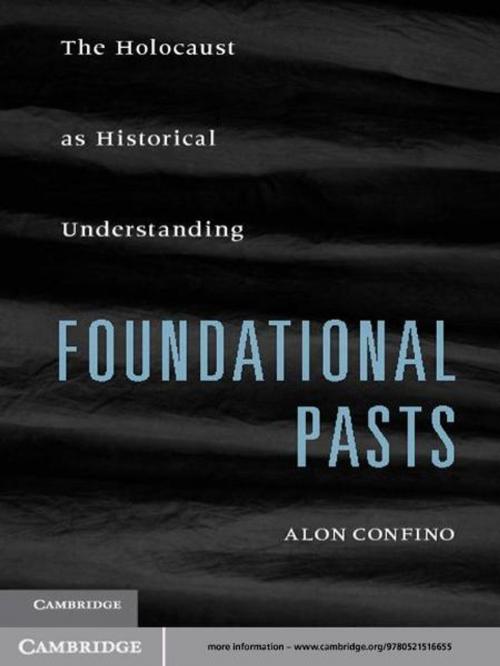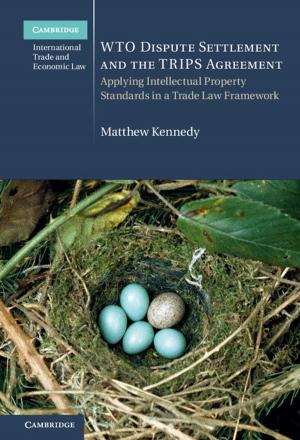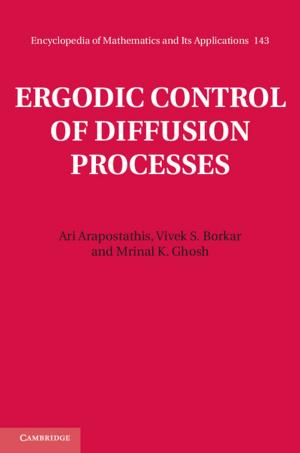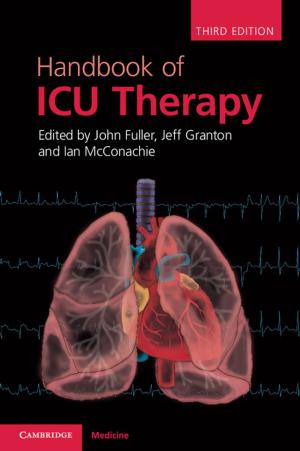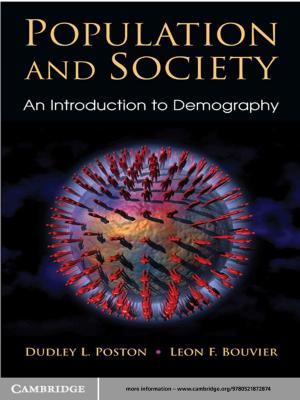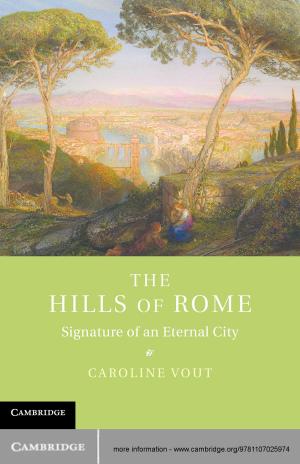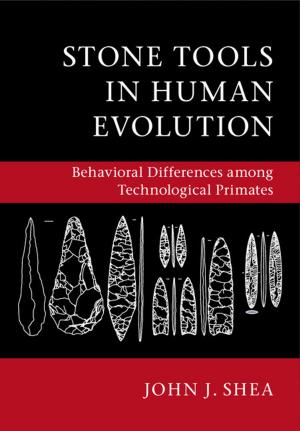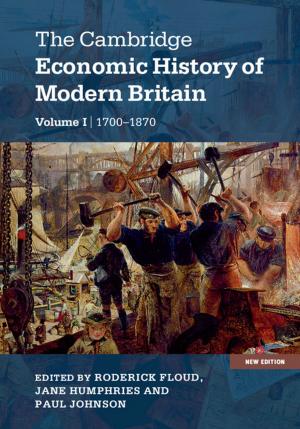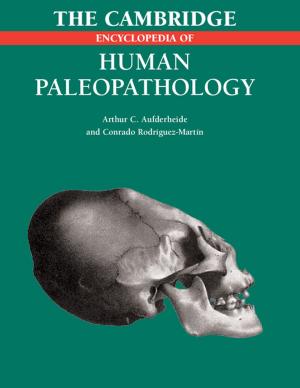Foundational Pasts
The Holocaust as Historical Understanding
Nonfiction, History, European General, Modern, 20th Century| Author: | Alon Confino | ISBN: | 9781139152570 |
| Publisher: | Cambridge University Press | Publication: | September 26, 2011 |
| Imprint: | Cambridge University Press | Language: | English |
| Author: | Alon Confino |
| ISBN: | 9781139152570 |
| Publisher: | Cambridge University Press |
| Publication: | September 26, 2011 |
| Imprint: | Cambridge University Press |
| Language: | English |
Alon Confino seeks to rethink dominant interpretations of the Holocaust by examining it as a problem in cultural history. As the main research interests of Holocaust scholars are frequently covered terrain – the anti-Semitic ideological campaign, the machinery of killing, the brutal massacres during the war – Confino's research goes in a new direction. He analyzes the culture and sensibilities that made it possible for the Nazis and other Germans to imagine the making of a world without Jews. Confino seeks these insights from the ways historians interpreted another short, violent and foundational event in modern European history – the French Revolution. The comparison of the ways we understand the Holocaust with scholars' interpretations of the French Revolution allows Confino to question some of the basic assumptions of present-day historians concerning historical narration, explanation and understanding.
Alon Confino seeks to rethink dominant interpretations of the Holocaust by examining it as a problem in cultural history. As the main research interests of Holocaust scholars are frequently covered terrain – the anti-Semitic ideological campaign, the machinery of killing, the brutal massacres during the war – Confino's research goes in a new direction. He analyzes the culture and sensibilities that made it possible for the Nazis and other Germans to imagine the making of a world without Jews. Confino seeks these insights from the ways historians interpreted another short, violent and foundational event in modern European history – the French Revolution. The comparison of the ways we understand the Holocaust with scholars' interpretations of the French Revolution allows Confino to question some of the basic assumptions of present-day historians concerning historical narration, explanation and understanding.
